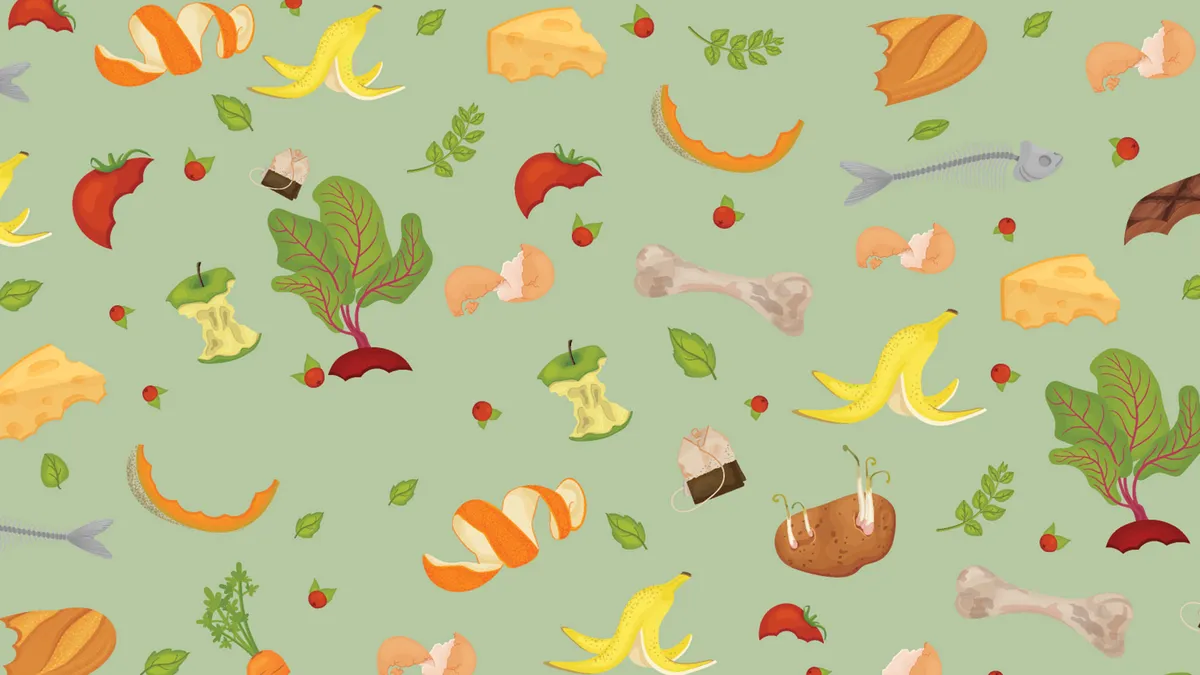
Cutting the Waste, Not the Experience: Why Food Waste Prevention in Hotels Matters Now More Than Ever
Every day in hotels across the Caribbean, food is lovingly prepared and far too much of it is thrown away. Uneaten buffet spreads, overstocked pantries, plate waste, spoilage. The list goes on.
But here’s the truth: food waste is costing your business more than you think.
The Hidden Costs of Wasted Food
Yes, there’s the obvious loss of ingredients. But it doesn’t stop there. When food goes in the bin, so does the water used to grow it, the energy used to store and cook it, the labor to prepare it, and the money to buy it. Not to mention the cost of hauling it away.
According to the UN Environment Programme, hospitality is one of the biggest contributors to food waste globally yet it’s also one of the industries with the most potential for change.
And in places like Saint Lucia, where hotels are deeply tied to culture, community, and the environment, food waste is more than a kitchen issue it’s a sustainability issue.
What Can Hotels Do?
The good news? You don’t need a full kitchen overhaul to start making a difference. Small changes add up. Here’s how hotels can begin reducing food waste right now:
- Track It Before You Toss It
Use a simple log to record what gets thrown out and why. Are you over-prepping? Are guests leaving certain foods untouched? Tracking helps you see patterns and make smarter purchasing decisions.
- Redesign the Buffet
Buffets are a beautiful thing, but they’re also one of the biggest waste generators. Try smaller batch presentations that are refilled more often, or a plated service for certain items.
- Rethink Portion Sizes
Bigger isn’t always better. Offer half portions or let guests request their portion size, especially in à la carte service.
- Train Your Team
Your kitchen staff, servers, and even your front desk team can all play a role in food waste prevention. Awareness is key. make it part of your daily culture.
- Repurpose What You Can
Stale bread? Make croutons. Vegetable trimmings? Use for stock. Leftover rice? Try rice fritters. The possibilities are endless with a bit of creativity and food safety know-how.
What About Excess Food?
In many countries, donating surplus food can be a powerful way to reduce waste and support the local community. If donation infrastructure isn’t yet available, composting is another smart step that closes the loop especially when paired with an on-site kitchen garden.\
Guests Are Paying Attention
Sustainability-savvy travelers are asking more questions. They want to know where their food comes from and where it goes. Reducing food waste shows your guests that your values align with theirs. It’s a story worth telling.
In Closing…
Preventing food waste isn’t just about cutting losses it’s about running a smarter, more thoughtful, more sustainable operation. And that’s good for your budget, your brand, and your island.
Want to take it further? Contact the SLHTA to help your hotel or resort build a custom food waste reduction strategy which includes kitchen practices, team training and sustainability certification.
Written by:
Rodesha Reid
Principal Consultant: Reid Consultancy Services
Chairwoman; SLHTA Environment Committee
Recent Posts
Happy 47th Anniversary of Independence!
Tags




